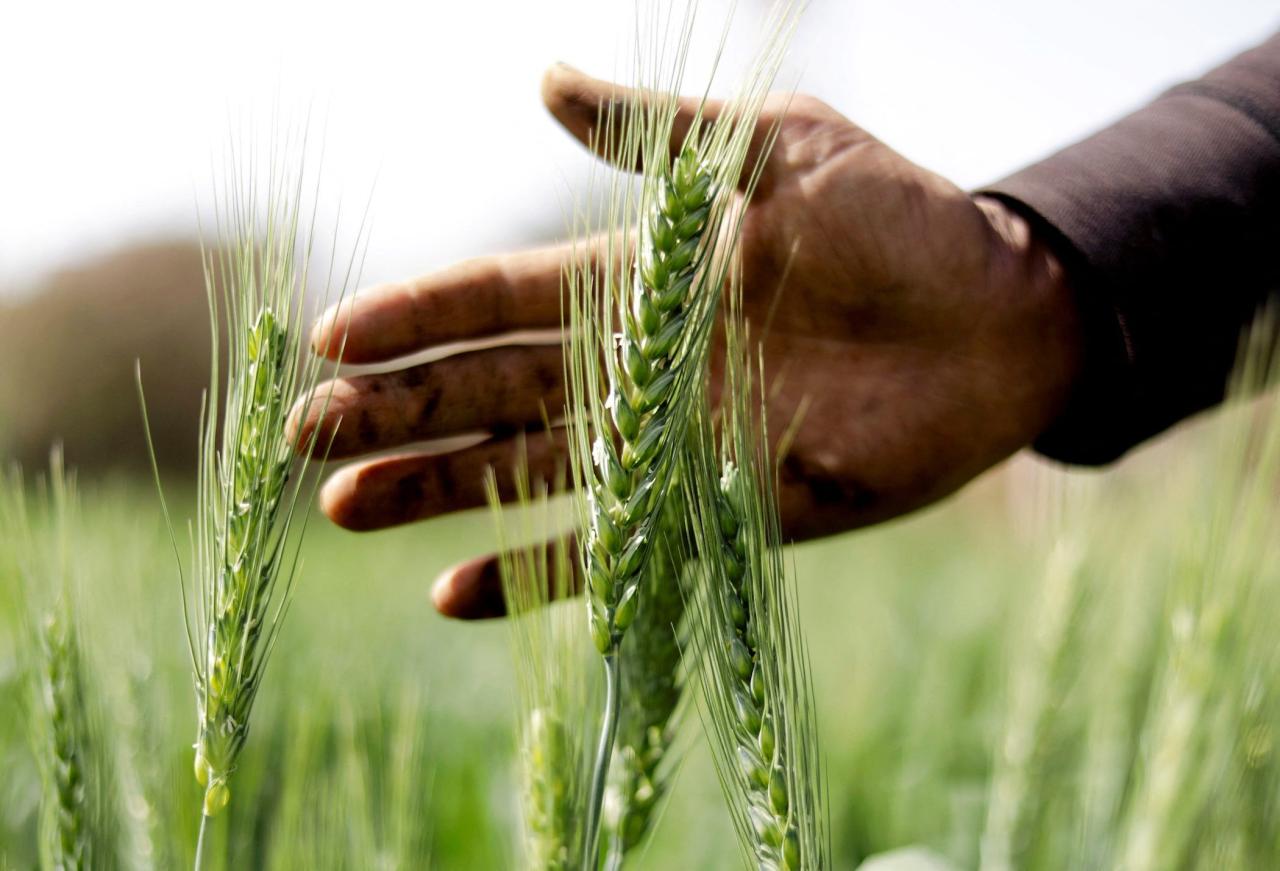According to the United Nations Food and Agriculture Organization (FAO), Morocco is projected to become one of the top six wheat importers in the world by 2024. The country’s wheat imports are anticipated to rise by 19% in 2024, reaching 7.5 million tonnes. [3][4][5]
This surge in import demand is primarily driven by a drastic 40% decline in Morocco’s domestic wheat production, which is expected to fall below the average to around 2.5 million tonnes. [2][4][5] The decrease in domestic production is attributed to significant rainfall deficits and high temperatures in North Africa that have adversely affected wheat crops. [2][4][5]
The projected increase in Moroccan wheat imports positions the country to become the world’s sixth-largest wheat importer. [2][4][5] This growth in import demand is a key factor behind the overall rise in Africa’s wheat import requirements, which are forecast to reach a record 55.6 million tonnes in 2024. [2][4][5]
Globally, wheat production is expected to remain relatively unchanged in 2024, with a slight 0.1% decrease compared to the previous season. [2][4][5] This stagnation is primarily due to anticipated declines in major wheat-producing regions such as the European Union, Ukraine, Turkey, the United Kingdom, and Northern Ireland. [2][4][5]
Citations:
[1] https://directorstalk.net/palm-oil-rises-on-strong-exports
[2] https://barlamantoday.com/2024/06/19/morocco-among-top-ten-wheat-importers-fao/
[3] https://www.tridge.com/news/fao-morocco-to-become-one-of-the-worlds-top--xbdttp
[4] https://apanews.net/177964-2/
[5] https://en.walaw.press/articles/morocco_poised_to_join_top_echelon_of_global_wheat_importers_in_2024/GLLSMMMPQXFL

